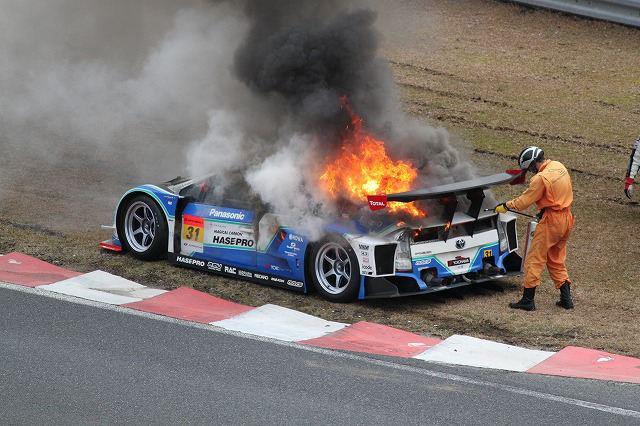To me this is F1 getting back to the cutting edge of technology, as it should be, the screaming V8/10's are very long in the tooth these days with no interesting developments for a long time now.
ERS should also help to break the stranglehold that aero has held on the sport, with 160 odd bhp available, an efficient system that can provide that power for 1 or 2 extra secs per lap will make a big difference. This along with the Pirelli tyres should bring the emphasis back a long way towards the mechanical aspects of the car.
What really interests me however is the future possibilities for harvesting energy, a F1 car is awash with wasted energy, mainly in the form of noise, heat and kinetic energy. Currently they are just harvesting kinetic energy from the brakes and next year they will be harvesting energy from the exhaust via the turbo but where else could energy be recovered? I have a couple of suggestions and I would be very interested if anybody has more.
1. Suspension.
Currently a lot of energy is wasted here mainly heating up the shocks but it seems to me, with the addition of a coil and magnet, it should be possible to turn some of the energy into electric power whilst at the same time taking some load off the shocks. This could provide more power for the ERS and also enable the use of smaller shocks.
Long term you could imagine a purely electrical suspension with the magnet/coil doing the work of the springs and shocks as well as generating power. Clearly this would lead to active suspension criticisms but then again I could never see the problem with them in the 1st place, especially if that's the direction technology takes us.
2. Heat.
There are materials/devices available that can convert temp gradients into electricity (and vice versa) Thermoelectric Effect. These then could be used to generate electrical power from the massive amount of heat an F1 car generates.
I'm hoping this area will be completely deregulated to allow the teams to explore the possibilities to the full, including no limit to how much you can use power generated as long as it is generated by the car. In time the ratio of power created between combustion and electric would increasingly move toward the electric. This would lead, imo, to a fascinating technical battle, and reduce massively the importance of aero with all it's inherent overtaking issues.
Looking forward to your thoughts.
Edit: I might add that all this has the added benefit of being very much relevant to the road car industry.
Edited by Lazy, 22 May 2013 - 09:04.




























